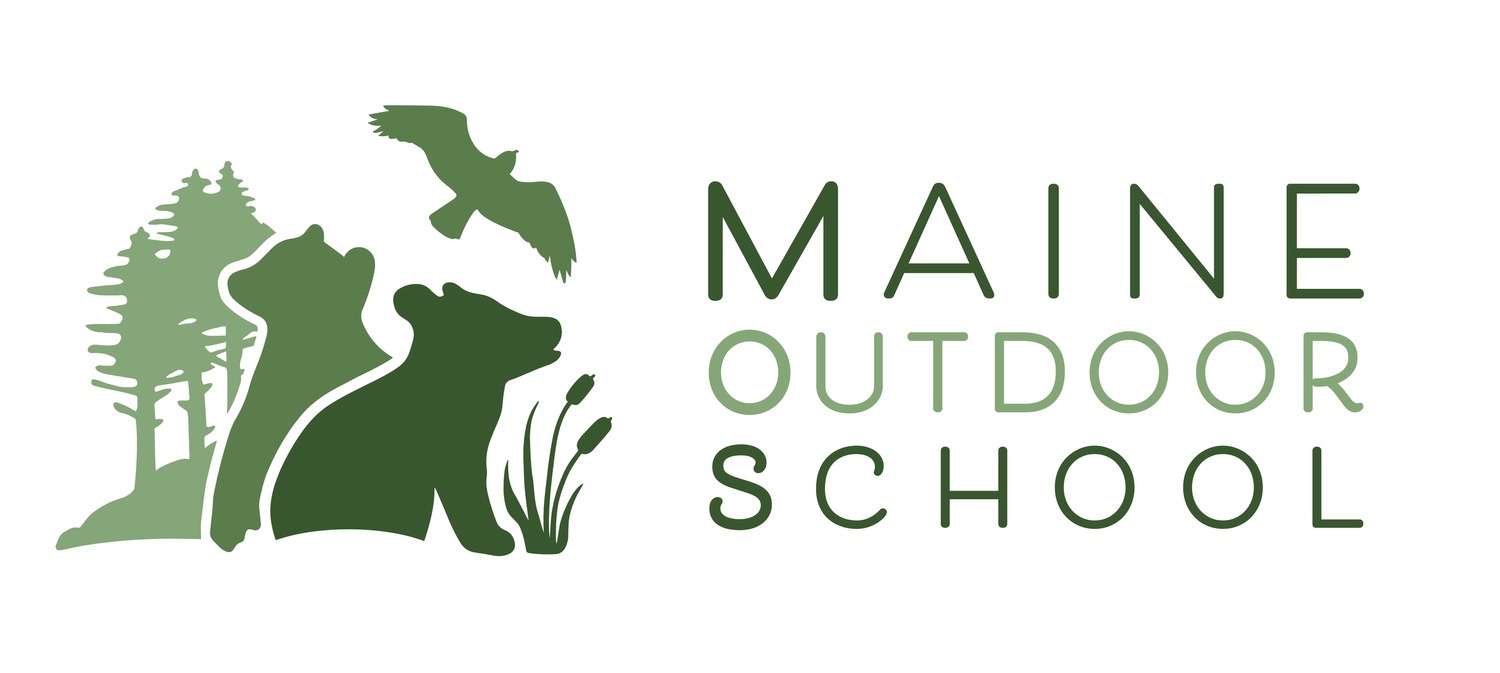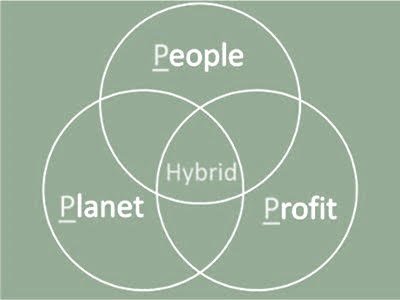What if a business could simultaneously have a positive social, ecological, and educational impact? What if businesses redefined “profit” as the total impact an organization has--including both the economic and mission impact? We call this “triple bottom line” thinking and a hybrid organization seeks to balance these priorities. This is why we chose to incorporate and manage MOS as a hybrid organization.
MOS is incorporated as an L3C, or low-profit limited liability corporation, which is a designation of a type of for-profit organization. As a result, MOS is legally required to take on a mission that benefits society.
“Maine Outdoor School’s mission is to serve as an educational catalyst for personal and community resilience in Downeast Maine through the lenses of economic vitality, environmental sustainability, and social equity.”
Personal and community resilience education is at the heart of MOS’s mission. We feel that MOS’s hybrid structure perfectly demonstrates one facet of community resilience: doing what’s right for the community doesn’t have to derail your business.
We also believe that role modeling is one of the most effective educational techniques that we as educators can employ. It makes sense, then, that MOS should role model the kind of resilience we teach. We believe that incorporating and managing MOS as an L3C for-profit hybrid organization is the best way that MOS can model resilience.
How does our business model make MOS and the community in which we serve more resilient?
By state law as a for-profit, MOS pays its taxes. That money helps the community by contributing to funds for public services--from snow removal to the school system.
Being an L3C makes us legally obligated to do our mission-related work. If we were to seek investors to support the growth of our venture, those investors would have to play by our rules and would receive a blended social, ecological, and economic return on investments. Unlike with other business structures, those investors could not force us to pursue profit-driven efforts which undermine our mission.
MOS’s entire business model is an educational tool that demonstrates that business can be a source of profound good in the world--this challenges the very way business defines “profit.”
Our structure helps us stay true to our goal of collaborating with other organizations across the state because we are poised to work with various partners to help them pursue grants and fundraising to support our joint program efforts while helping them meet their missions as well as ours.


